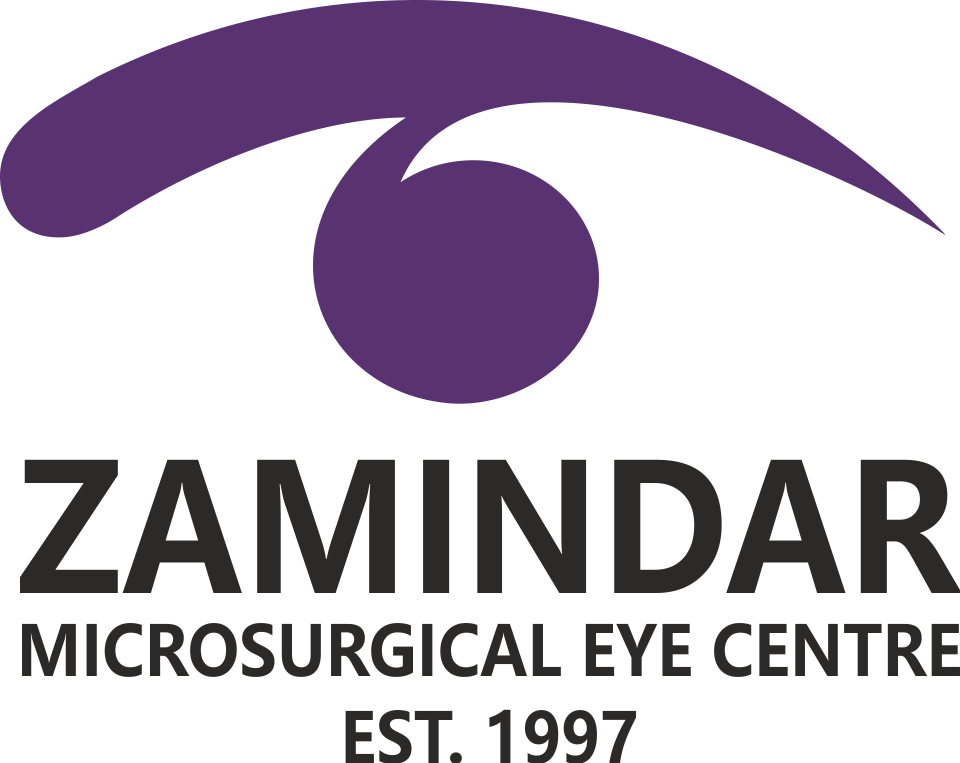The Genetic Link: How Family History Influences Glaucoma Risk

Glaucoma is a disease which is usually inherited. Therefore it is important that all siblings and children of Glaucoma patients undergo a glaucoma screening test.
Although anyone can develop Glaucoma, people with a family history of Glaucoma may have a higher risk of developing the condition
Understanding Hereditary Glaucoma
Hereditary Glaucoma, also known as inherited Glaucoma, is passed down from one generation to the next through genetic inheritance. Mutations in specific genes involved in the formation and operation of the eye’s drainage system, or outflow, contribute to regulating the eye’s IOP.
Genetic Risk Factors
Anyone can develop glaucoma, but your risk may be higher if you have a family member with the disorder. Genetics are also the primary risk factor for developing specific types of glaucoma that develop before age 40.
Early-onset disease (before age 35) exhibits autosomal dominant or autosomal recessive inheritance, whereas the inheritance of adult-onset glaucoma is complex due to the influence of multiple genetic and/or environmental risk factors. Current genetic and genomic methodologies have identified genes responsible for early-onset glaucoma as well as genetic risk factors contributing to adult onset glaucoma.
Types of Inherited Glaucoma
Both open-angle and closed-angle glaucoma may be inherited. While having a parent with glaucoma doesn’t mean you will automatically develop it, your chances may be greater. Having a sibling with glaucoma seems to be a greater indicator, with 15% of people with glaucoma having at least one sibling with the eye disease. Having a first-degree relative (parent, sibling, or child) with primary open-angle glaucoma may increase your risk by up to nine times. And the more relatives you have with the disease, the higher your risk. Some research suggests that your risk of developing primary angle closure glaucoma may be 13.6 times higher if you have a sibling with it.
The Importance of Regular Eye Exams
There no way to prevent glaucoma. However, regular eye exams can help doctors diagnose and treat it sooner, which can help slow its progression.
If you’re an older adult or have a family history of glaucoma, make sure you tell your eye doctor. They may recommend more frequent exams.
Treatment Options for Glaucoma
Once glaucoma develops, the damage cannot be reversed. However, medications can help reduce the risk of further damage to your eyes and prevent vision loss. In some cases, a doctor may recommend surgery.
Special Offer at Zamindar Microsurgical Eye Centre
At Zamindar Microsurgical Eye Centre we offer a 50 % discount on the Glaucoma screening tests for family members of Glaucoma patients . This includes vision , refraction, Intraocular pressure recording and dilated fundus examination.

